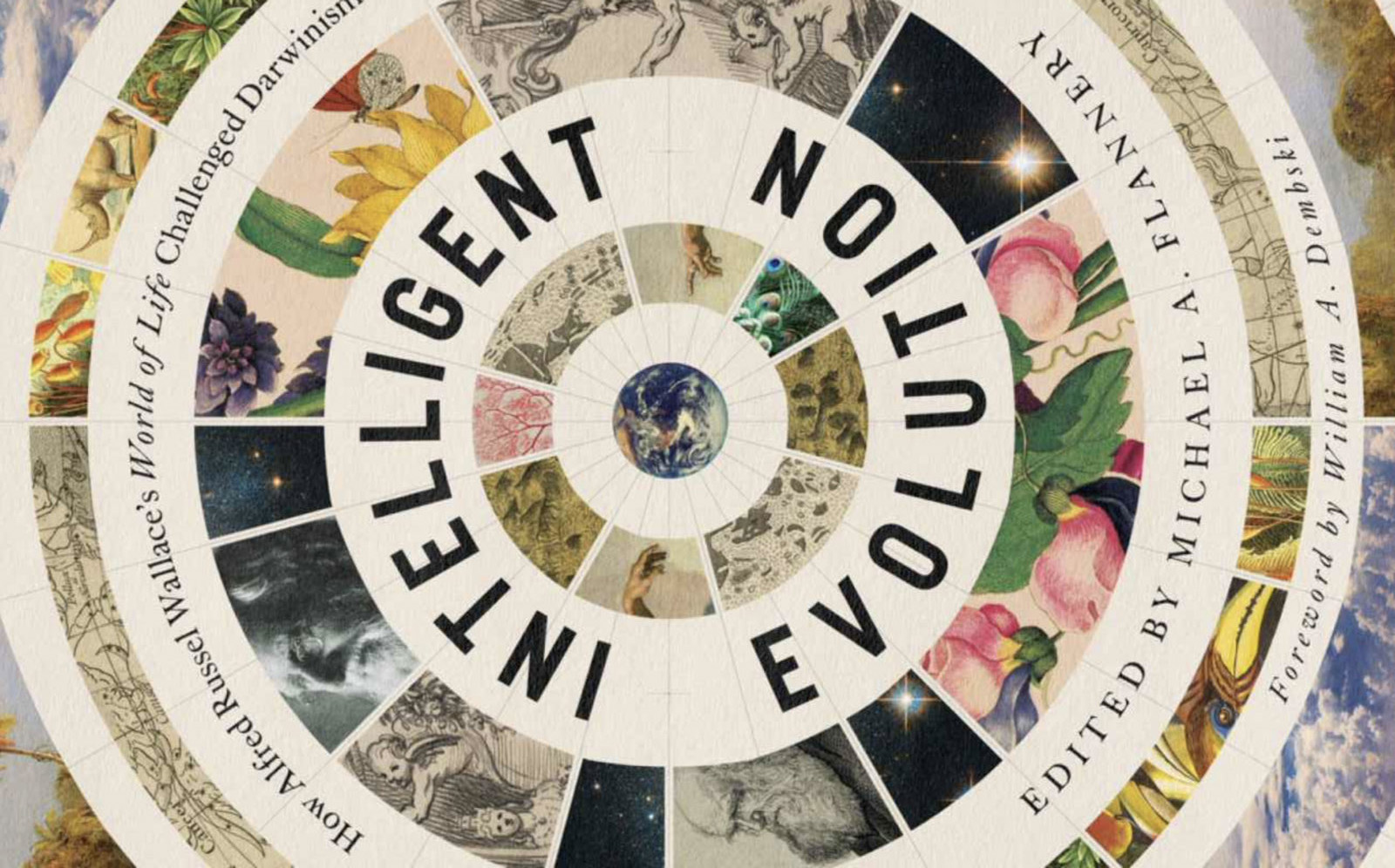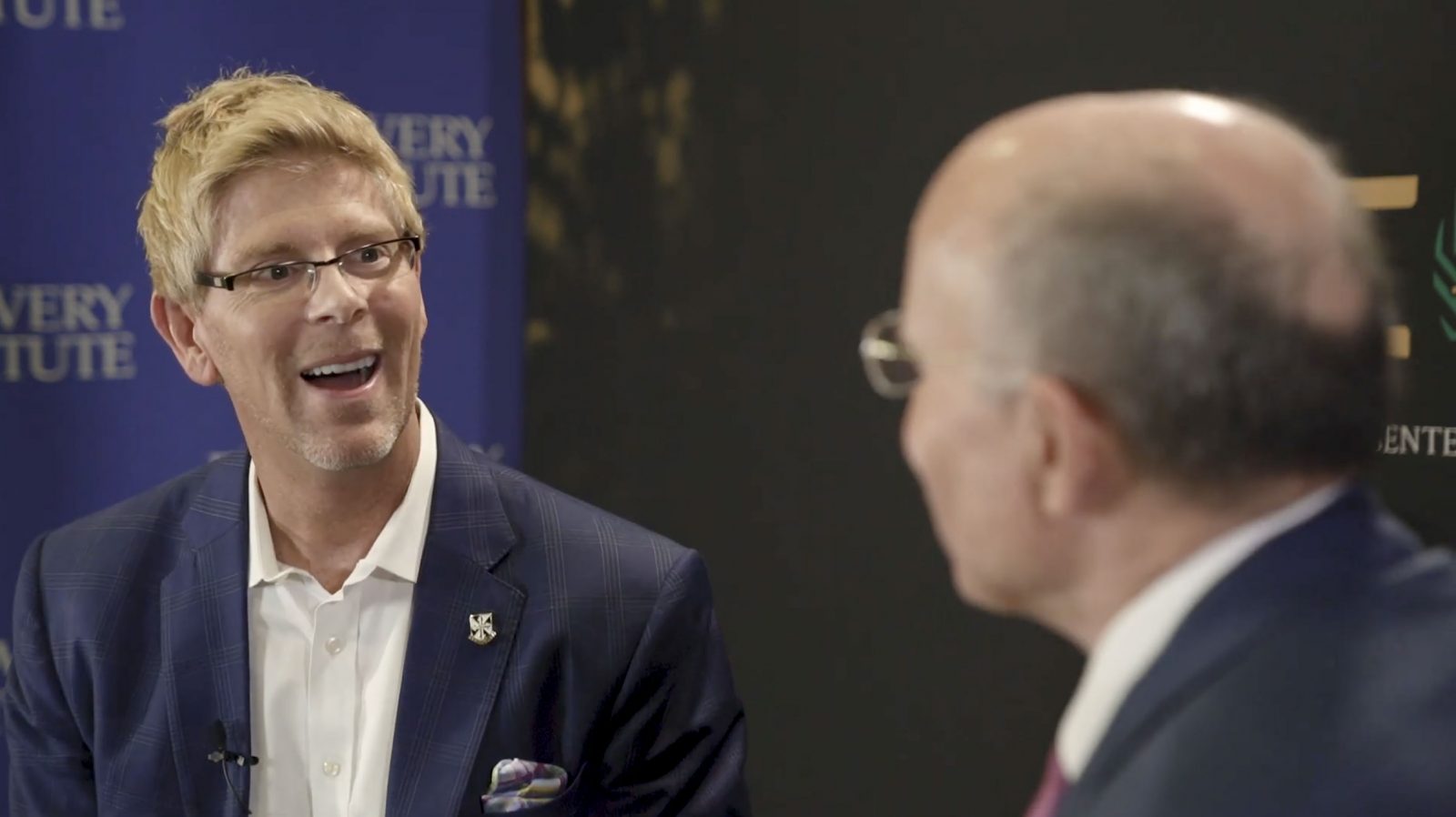
Casey Luskin Returns, Teases a New Book, Celebrates ID 3.0
On today’s ID the Future, Rob Crowther continues his conversation with Casey Luskin, the intelligent design proponent who previously worked for Discovery Institute’s Center for Science and Culture and has now returned. As Luskin explains, he left to pursue a PhD in geology at the University of Johannesburg in South Africa. The two discuss the wild conspiracy theories circulated by opponents of intelligent design when Luskin stepped away from Discovery Institute five years ago. Luskin also tells about an upcoming book he’s been working on with William Dembski, another intelligent design proponent who stepped away from day-to-day ID work and is now putting a foot back in the ID waters. Also on tap in today’s conversation, Luskin and Dembski’s upcoming appearance at the 2021 Dallas Conference on Science and Faith, and advances in the ID 3.0 research initiative, including some recent peer-reviewed papers.






